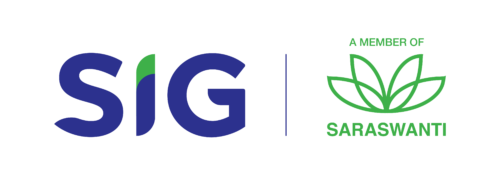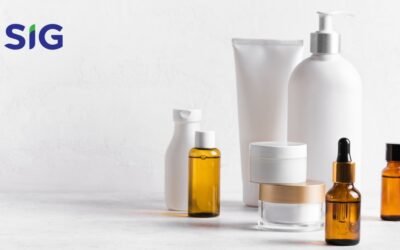Phenol Coefficient
To use disinfectants effectively, it is necessary to know the strength of their power to kill microbes by using phenol as a comparison. Phenol is a disinfectant that is effective in killing germs. Phenol coefficient is the ratio of the measure of the potency of an antimicrobial agent compared to phenol as a reference.
Phenol is used as a standard because phenol is often used to destroy microorganisms. The phenol coefficient value less than 1 indicates that the antimicrobial compound is less effective than phenol. Conversely, if the phenol coefficient is more than 1, the antimicrobial material is more potent than phenol. The phenol coefficient is determined by dividing the highest dilution of phenol, which destroys microorganisms within ten minutes but does not destroy within five minutes. The highest dilution of the antimicrobial agent that kills microorganisms in ten minutes but not in five minutes.
How SIG can help
SIG Laboratory can perform phenol coefficient analysis in disinfectant.
Microorganisms can be tested:
- Bacillus cereus
- Bacillus sp.
- Bacillus subtilis
- Enterobacter aerogenes
- Enterococcus faecalis
- Escherichia coli
- Listeria monocitogenes
- Pseudomonas aeruginosa
- Salmonella sp
- Salmonella Typhimurium
- Shigella sp
- Staphylococcus aureus
- Streptococcus sp.
Method of Analysis
The method used to determine the effectiveness of the disinfectant is the phenol coefficient analysis method.
The reference for the phenol coefficient test is AOAC 955.11. The principle of this method is finding the highest dilution in the phenol solution and the disinfectant solution so that both can kill microbes within 10 minutes, but not in 5 minutes. The highest dilution results obtained from the disinfectant are then compared with phenol to get the phenol coefficient value.
Library of Knowledge
Apa itu SPF? Yuk Cek Kebenaran Nilai SPF Melalui Lab Uji Skincare
Ketika berbicara mengenai skincare pasti kalian pernah mendengar istilah SPF. Istilah ini sebenarnya merupakan ukuran yang menunjukkan seberapa baik suatu produk bisa melindungi kulit dari sinar ultraviolet. Untuk menentukan ukuran SPF maka bisa dengan melakukan...
Peran Lab Uji Kosmetik Independen Dalam Dukungan Perkembangan Industri Kosmetik
Semakin hari industri kosmetik terus berkembang pesat, seiring dengan meningkatnya permintaan konsumen akan produk yang aman dan efektif. Dalam hal ini, lab uji kosmetik independen sangat berperan penting dalam mendukung inovasi dan kualitas produk yang beredar. Lalu...
Pastikan Kosmetik Aman Bebas Akrilamida Melalui Pengujian di Lab Uji Kosmetik
Saat ini bisnis kosmetik sangat menjanjikan, hal tersebut dikarenakan banyak orang yang mulai menggunakannya secara rutin untuk menunjang penampilan. Khususnya bagi kaum hawa yang ingin terlihat lebih cantik. Namun sebagai produsen sebaiknya lebih teliti dan...
SIG Laboratory
Graha SIG, Jl Rasamala No. 20, Taman Yasmin, Bogor, Jawa Barat 16113.
Phone. +62 251 7532 348
WhatsApp. +62 82 111 516 516
Email. marketing@siglaboratory.co.id
SIG Jakarta
Jl. Percetakan Negara No. 52 B RT 006 / RW 001, Rawasari, Cempaka Putih, Jakarta Pusat 10570.
Phone. +62 21 2147 9292
SIG Medan
Jl. Bunga Asoka, Ruko Komp. Asoka Raya Residance No. 1, Medan Selayang, Sumatera Utara 20133,
WhatsApp. +62 822 7207 9665
Email. salesmedan.sig@saraswanti.com
SIG Semarang
Jl. Kanfer Raya Blok R No. 4 Pedalangan, Kec. Banyumanik, Kota Semarang, Jawa Tengah 50268.
Phone. +62 24 7004 0541
WhatsApp. +62 812 9000 5165
Email. cs.sigsmg@saraswanti.com
SIG Yogyakarta
WhatsApp. +62 896 4856 9422
Email. arifin.sig@saraswanti.com
Operational Hours
Monday to Friday
08.00 - 17.00 WIB.


FOLLOW US



